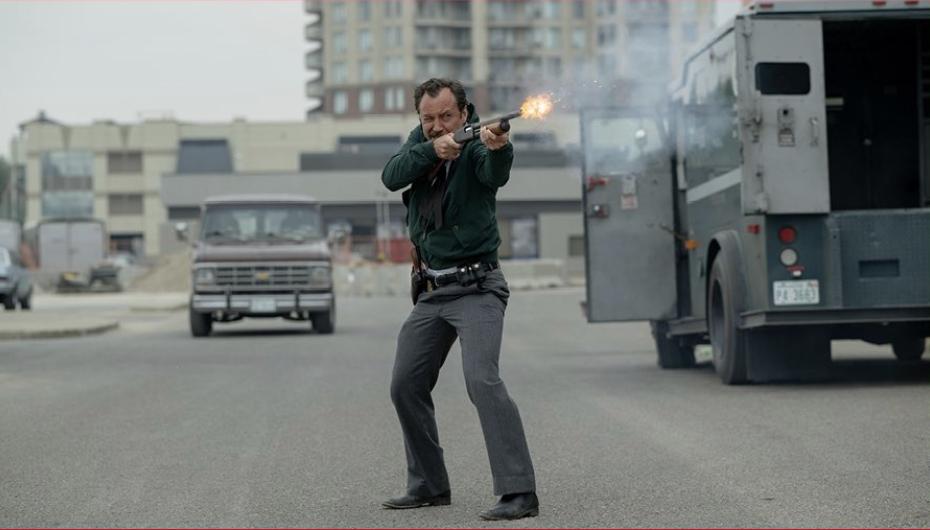
It’s chilling to realize that the world of cinema reflects reality so literally, especially when we turn to it for escape. It’s rare for a movie to truly scare me, but The Order didn’t disappoint in that regard. I expected this to be a phenomenal movie, and it was. However, the themes it explores are so disturbing that I almost wish it wasn’t so impactful.
Written by Zach Berlin and directed by Justin Kurzel, The Order follows a series of bank robberies that force the FBI to launch an intense investigation. Based on the best-selling non-fiction book by Kevin Flynn and Gary Gerhardt silent brotherhoodThe film dramatizes the largest manhunt in FBI history as a man determined to carry out a plan to make America “white” again. The film’s chilling scenes not only tell the story of what happened in 1983, but also reveal how far white nationalists are willing to go to push their hateful agenda to the highest levels of government.
“You have to stop. They’ve found the bodies. Wait until there’s someone in Congress who can push our ideology in a different way and make your voice heard,” a voice in the film says. Sounds familiar, doesn’t it? The story takes place in 1983, when FBI agent Husk (played by Jude Law) takes over the investigation with the help of a young agent (played by Tye Sheridan) to decipher the pattern behind the robbery. Their search led them to a book, turner diaryused by cult leader Robert Jay Matthews (Nicholas Hoult), who like many white nationalists is looking for ways to integrate his extremist views into mainstream society. The film’s depiction of these gruesome events will shock and outrage viewers for one main reason – sadly, history has a tendency to repeat itself.
As a film critic, I usually try to avoid political commentary and focus only on films that serve purely as entertainment. But with a movie like The Order, how can I ignore the realities it faces? If there’s one lesson this movie can teach us, it’s that everyone living in America should watch this movie before voting. The film challenges viewers to think critically—as long as they keep an open mind. It’s a remarkable film, filled with strong performances, but it offers little hope because it starkly demonstrates that not much has changed between 1983 and 2024. , anyone who is non-white or immigrant is still a target.
So, my question is: why is skin color so important? Why can’t we learn to live together? Unless we learn to embrace our differences—whether they are skin color, culture, or creed—we will remain divided by fear and hatred. Only by recognizing that our diversity is our strength can we hope to build a future that is free from the shadow of the past. Until then, violence and racist ideologies will continue to thrive as long as there are leaders who amplify them on a larger stage.

